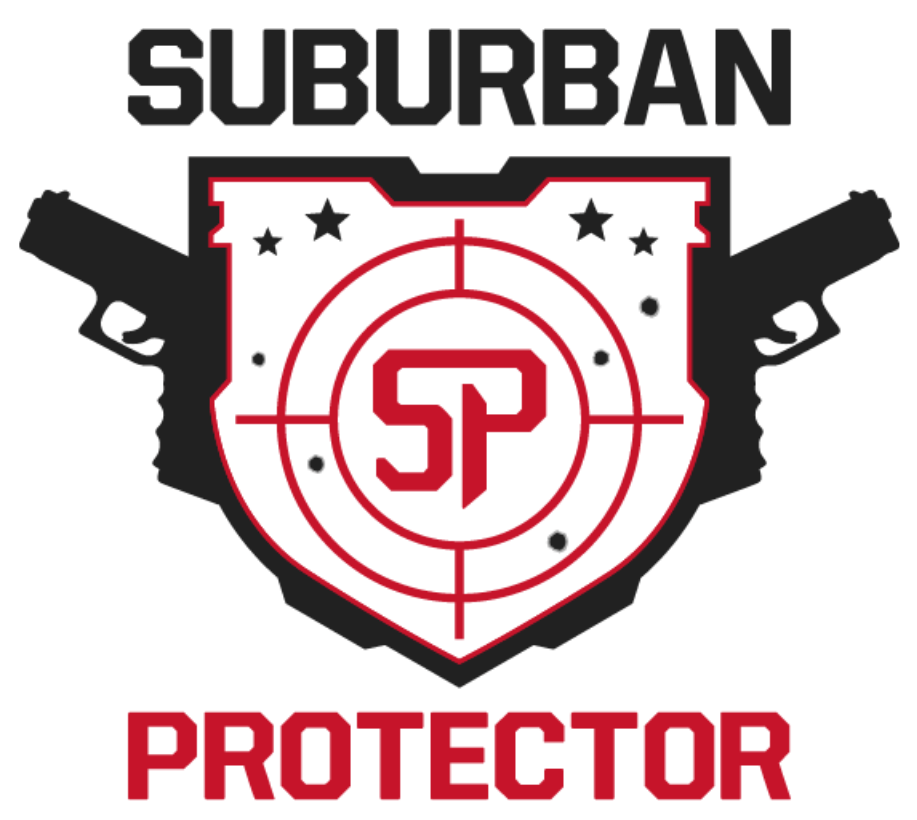Welcome, firearms enthusiasts! In today’s blog post, we’ll delve into the realm of defensive shooting, a critical skill for those who prioritize personal protection. As an NRA Instructor and firearms expert, I am passionate about empowering individuals with the knowledge and skills necessary to defend themselves effectively. Join me as we explore some essential tips to enhance your defensive shooting abilities.
- Train Regularly:
Defensive shooting is a skill that demands consistent practice. Dedicate time to regular training sessions to develop muscle memory, accuracy, and speed. Incorporate both live-fire practice and dry-fire exercises, focusing on fundamental techniques such as drawing from a holster, target acquisition, and controlled trigger press. Seek professional training to refine your defensive shooting skills further.
- Master the Fundamentals:
Solidifying the fundamental shooting techniques is the foundation of defensive shooting. Pay close attention to your grip, stance, sight alignment, and trigger control. A proper grip provides control and mitigates recoil, while a stable stance promotes balance and stability. Ensure your sights are aligned correctly, and practice a smooth trigger press to improve accuracy.
- Practice Speed and Accuracy:
In defensive scenarios, both speed and accuracy are crucial. Work on increasing your shooting speed while maintaining acceptable accuracy. Start slowly and focus on precision, gradually building up your speed. Incorporate timed drills into your training regimen to simulate real-life situations where split-second decisions are required.
- Develop Situational Awareness:
Situational awareness is the key to effective self-defense. Train yourself to be mindful of your surroundings at all times, both indoors and outdoors. Stay alert, scan for potential threats, and identify potential cover or escape routes. Being aware of your environment enhances your ability to respond appropriately and make informed decisions during high-stress situations.
- Train for Realistic Scenarios:
Recreating realistic scenarios during training can help you prepare for the unexpected. Practice shooting from various positions, such as standing, kneeling, or prone, to simulate real-life encounters. Incorporate movement and use of cover to simulate dynamic situations. Engage in low-light shooting exercises to improve your ability to shoot effectively in diminished light conditions.
- Consider Personal Defense Ammunition:
Choosing the right ammunition for personal defense is crucial. Select ammunition specifically designed for self-defense purposes, which offers reliable expansion and penetration while minimizing the risk of over-penetration. Research different brands and consult with knowledgeable professionals to find the ammunition that suits your firearm and self-defense needs.
- Understand Legal and Ethical Considerations:
Before carrying a firearm for personal protection, familiarize yourself with local laws and regulations. Understand the legal requirements for the use of deadly force and the concept of “shoot or don’t shoot” scenarios. Educate yourself on the ethical implications of using your firearm in a self-defense situation and be prepared to justify your actions if necessary.
Conclusion:
Enhancing your defensive shooting skills requires dedication, practice, and ongoing education. Remember to train regularly, master the fundamentals, and strive for a balance between speed and accuracy. Develop situational awareness, train for realistic scenarios, and choose appropriate ammunition.
Call us today at 561-213-2974 or email us at Mike@SuburbanProtector.com. You can also follow us on Instagram @SuburbanProtector or Youtube https://www.youtube.com/@SuburbanProtector.
We proudly serve West Palm Beach, Boca Raton, Boynton Beach, Delray Beach, Jupiter, Palm Beach Gardens, Lake Worth Beach, Riviera Beach, Greenacres, Wellington, Royal Palm Beach, Stuart, Sewall’s Point, Jupiter Island, Ocean Breeze,Fort Pierce, Port St. Lucie, St. Lucie Village, and Okeechobee.
